Since their beginning, both television and movies have been fascinated with capturing the working class. From The Honeymooners to Marlon Brando's portrayal of Stanley Kowalski, some of the earliest stories portrayed on screen have concerned the working class. Audiences love to watch the working class because financial difficulties often lead to interesting stories that preach the true value of life. Be it difficulties paying bills, or losing out on crucial life experiences because of a lack of resources, television is often able to accurately portray the soul-crushing financial desperation of working-class life.
In its quest to portray the proletariat, TV promotes class consciousness and drives social change. To that end, television is also famous for celebrating the victories of working-class life, giving audiences a glimpse into the joys that keep its subjects happy, spirited and victorious.
10 Alias Grace
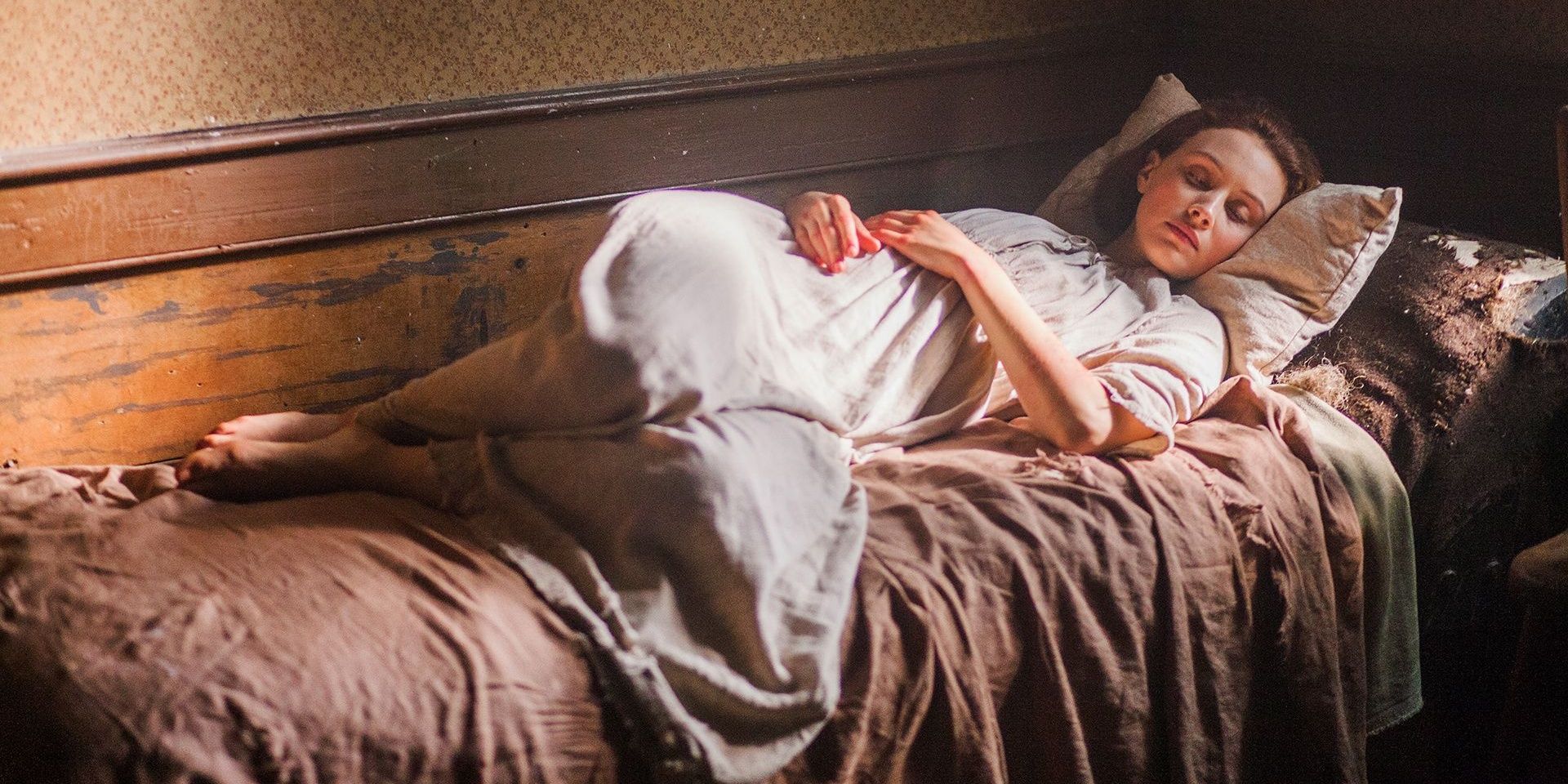
Alias Grace is Margaret Atwood's lesser-known work. The historical fiction, originally a novel, follows Grace Marks, a child immigrant from Ireland who moved to Canada with her parents and siblings. Grace was imprisoned for the infamous 1843 murders of Thomas Kinnear and Nancy Montgomery. However, she cannot remember the events of the night of the murders. Hence, psychiatrist, Dr. Simon Jordan, is called to figure out if Grace is hysterical so she can receive a pardon.
Grace tells Dr. Jordan about her mother, who was always pregnant, and her father, who was always drunk. On the ship that brought them over to Canada, the family lived in extremely squalid conditions - conditions that would cause her mother to die during the trip. With her mother gone, the children almost starved in Canada because of their father's drunkenness. Soon, Grace would leave to work as a serving girl for an extremely wealthy family to send enough money back for her siblings.
9 The Simpsons

In the first-ever full episode of The Simpsons, Marge has been saving all year in anticipation of Christmas. Afterward, she is forced to use the money to get a tattoo removal for Bart. She tells Homer that they would simply have to "stretch" his Christmas bonus even further.
Prior to this, Mr. Burns had announced that the plant was proud to "increase safety … without increasing the cost to the consumer, or affecting management pay raises." However, "for semi-skilled workers, there will be no Christmas bonuses." Homer gets a secret second job as a mall Santa, only to be legally scammed by the company. In desperation, he tries to bet his meager earnings at a dog racing track, but loses. As a Christmas miracle, the family would end up with one of the dogs.
8 Judge Judy
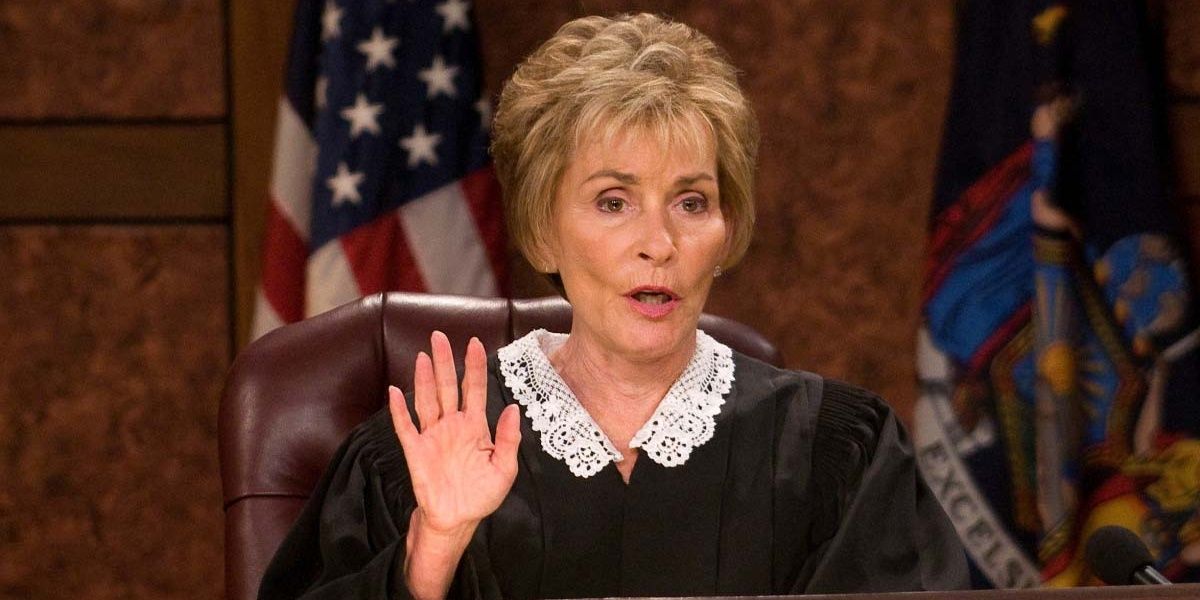
Judge Judy is a CBS reality court show that has garnered amazing popularity worldwide. The show features Judge Judith Sheindlin presiding over civil disputes in a faux-court set. A simple premise, the show, nevertheless, remains controversial in its representation of the working class. As much as the show broadcasts stories of honest, hardworking people caught in bad situations, it also broadcasts many stories about working-class criminals and morally wrong behavior.
The show has attracted criticism for exploiting working-class people who are not otherwise able to take their cases to court or pay their court fees. Even worse, as the majority of people who appear on the show are working class, Judge Judy validates the neoliberal ideal that the upper class is naturally entitled to dominate the working class.
7 Bob's Burgers
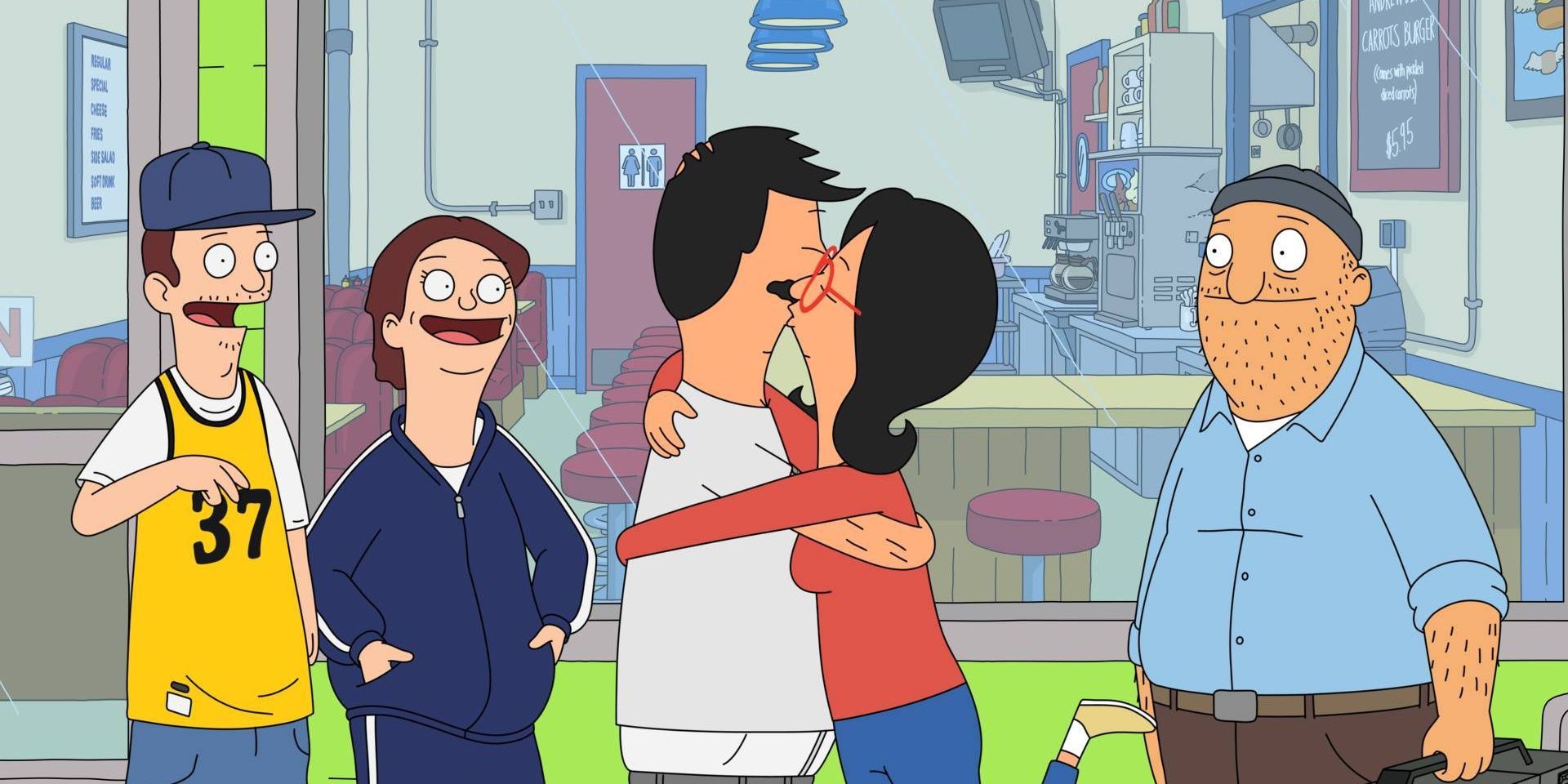
TV dad Bob Belcher buys his family's clothes from the second-hand charity shop. A man who followed his passion to make great art with burgers, Bob's talent is unappreciated in a town like Wonder Wharf. Serving his food without the artisanal pretension usually associated with high-quality recipes has left Bob scrounging for money to maintain his family.
Often late on rent or forced to pay in coins, through Bob, audiences see how difficult and humiliating life is for the working class. In a scene set at his bank, Bob's bank manager humiliates him by showing him what a good savings account should look like compared to his. Despite this, the show's wonderful glimmer of hope is how happy the Belcher household is, so much that everyone - even arch nemesis, Jimmy Pesto - wants to be a part of it.
6 Hey Arnold!

Arnold Shortman lives in a boarding house with his grandparents and their lodgers. Like his grandparents, their lodgers are also working class. As a result, Arnold deals with deep working-class issues that affect the community. When Stoop Kid is too afraid to leave the porch, for example, it spoke of a community that could not afford private mental health care to replace poor state-run ones.
Accordingly, Mr. Hyunh is a Vietnamese immigrant who moved to the U.S. after the Vietnamese war. Mr. Hyunh had given up his baby during the U.S. evacuation of South Vietnamese citizens at the end of the war and would spend 20 years before he could find his daughter again.
5 Everybody Hates Chris
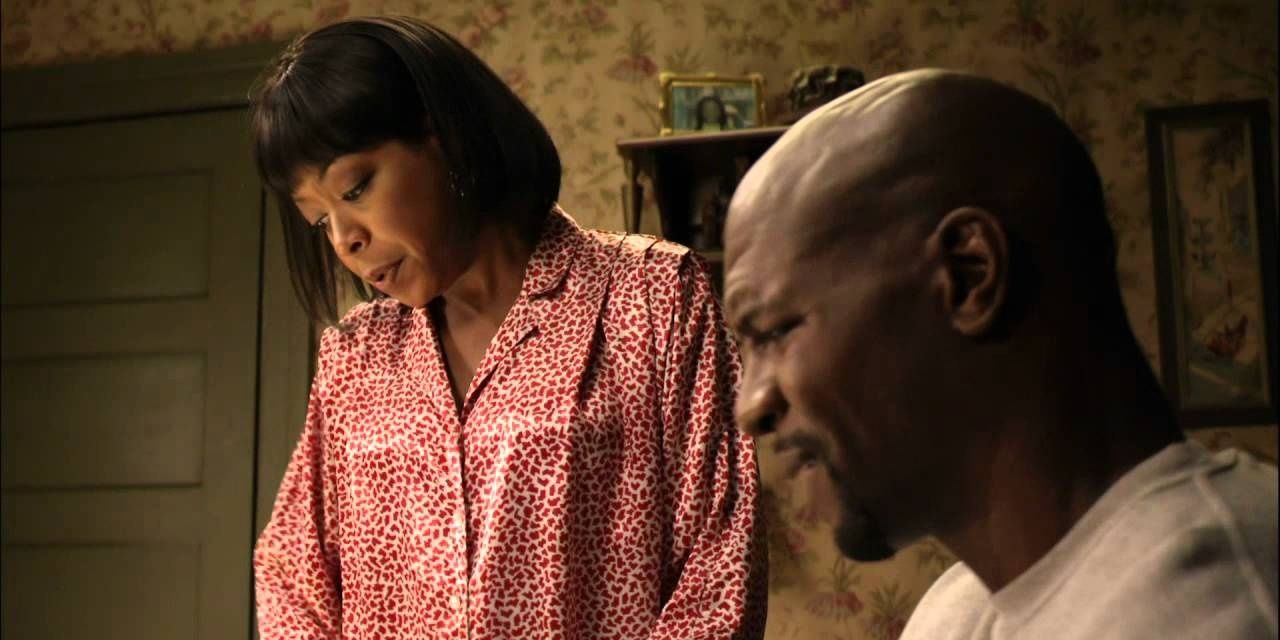
Julius and Rochelle are always worried about money in Everybody Hates Chris. To make ends meet, Julius works two or three jobs, while Rochelle often works one. The family's financial situation is the basis of many jokes in the show, from their inability to afford name-brand food to their father often scoring good deals from the 'back of a truck', even once finding his formerly stolen work uniform.
The community trauma is often also played for laughs. Their house is frequently robbed, as is Chris, who is once robbed at gunpoint. He is also mugged daily by a local street thug, while also facing severe bullying at school for being the only Black kid at a white school.
4 The Golden Girls
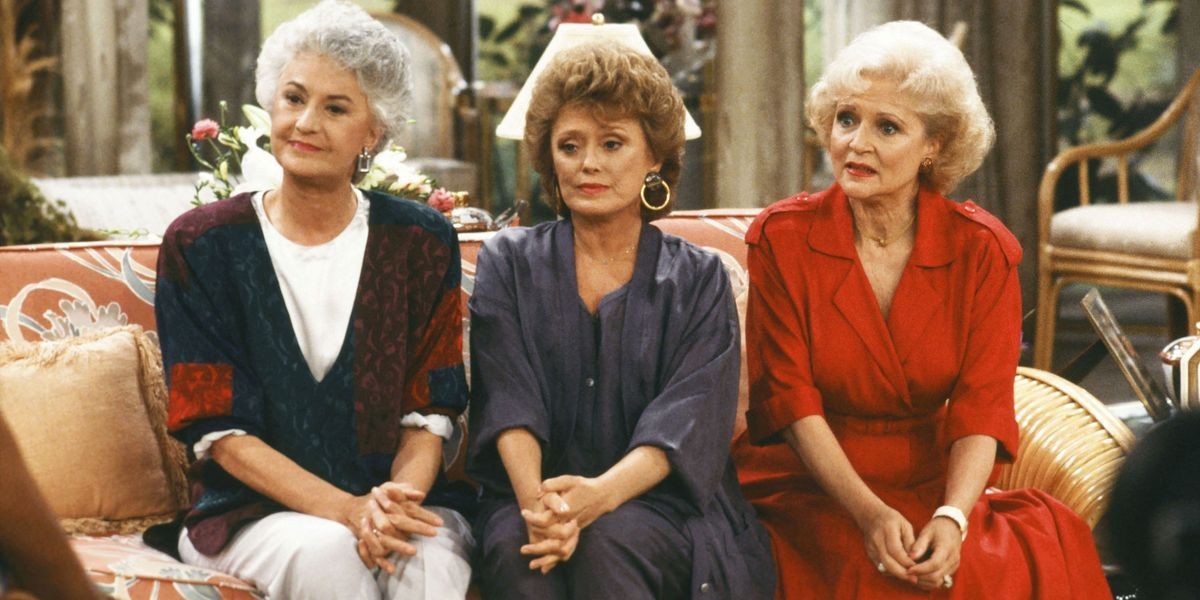
The Golden Girls is a series about four widowed and divorced women struggling to make ends meet after their husbands die. Although Dorothy is divorced, her husband, Stan, is revealed to be a bad decision-maker. Consequently, Dorothy has to fend for herself and her aging mother as a freelance substitute teacher. In a poignant scene, Rose reveals how her attitudes towards class changed after she suddenly loses her husband's pension.
"You know, every morning when I leave the house, I see this bag lady going through the baggage over on 135th Street. She has everything she owns piled up in one of those old shopping carts. But the other day, for the first time, I noticed, she's about our age. Oh, you know, you always feel sorry for someone like that, but I wondered, 'What did she do to get herself into a fix like that?' I thought, well, she must be lazy, or she must be pretty stupid to let something like this happen to her. But, the truth is, she's me! God! What am I going to do?"
3 The Amazing World Of Gumball
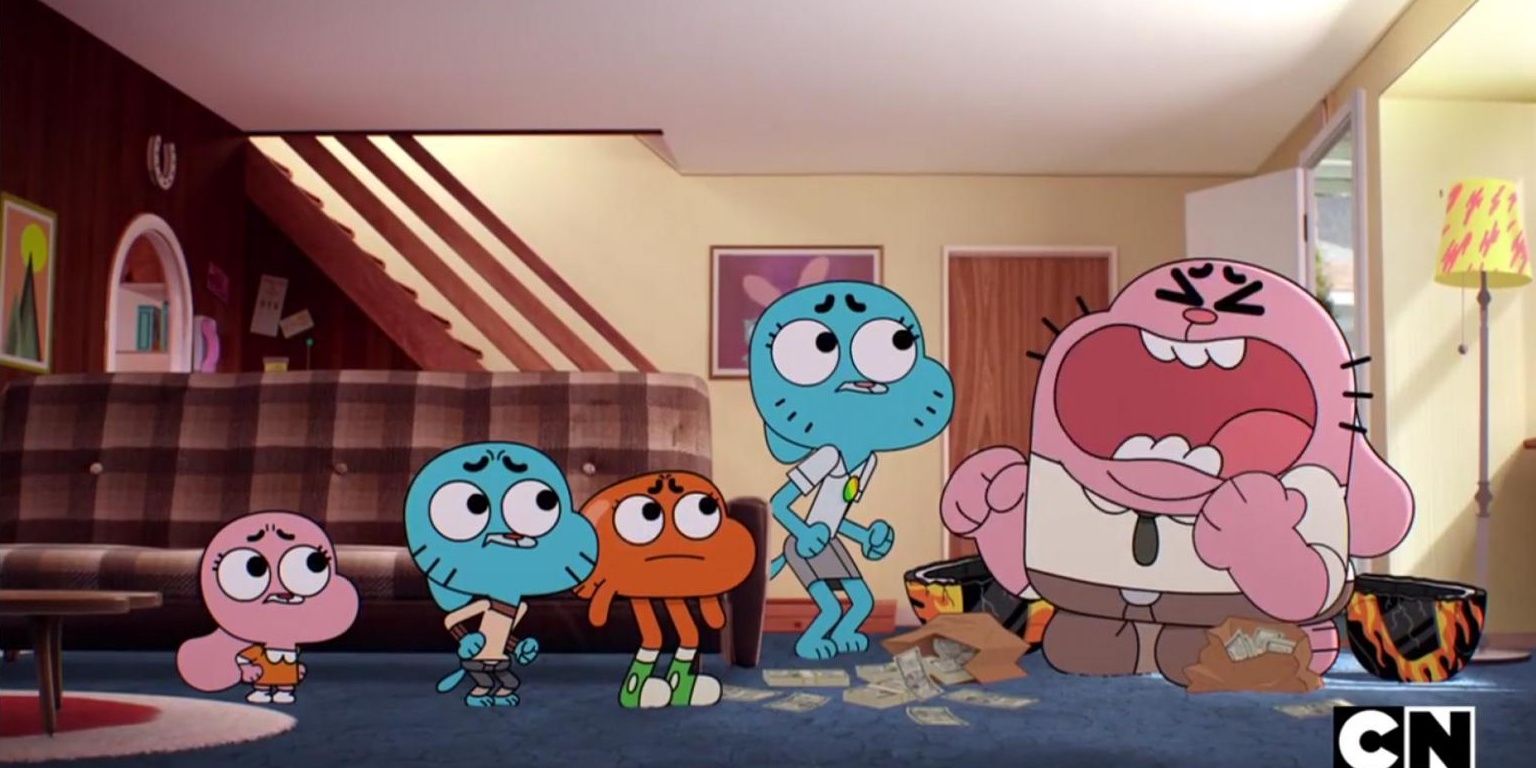
Like many working-class TV families, the Wattersons suffer from having just one income source in a world that demands multiple.
With Richard a stay-at-home dad, Nicole Watterson works very hard at the rainbow factory to provide for her children. She works long hours as a saleswoman for the ultimate capitalistic company: a factory that produces rainbows out of rust, gasoline, lead, arsenic, and latex. Partly because of her job, Nicole suffers high emotional and mental trauma that she then takes out on her family.
2 Thomas The Tank Engine

Thomas The Tank Engine shares a similar plot to Animal Farm. The sentient trains work hard all day pulling rocks, trains, and other heavy machinery and tools for their owners. Their owner, called 'The Fat Controller', sits in his office daily, giving orders and eating pastries. The rail crew is physically designed to be trains, each with different roles to play in the machinery that is the British railway system.
Since the trains were designed around British shunting and hauling trains of the early 20th-century, they are the perfect representation of the industrialization that brought the struggles of the working class into public consciousness.
1 Unbreakable Kimmy Schmidt

The working-class millennial is a new breed of worker that has not previously been seen in society. She has a smartphone, but often cannot pay rent. Equally, she has many gig jobs, but no job security.
Unbreakable Kimmy Schmidt shows two working-class millennial best friends struggling to make it in New York. They live in a small basement, where Kimmy's bedroom is a repurposed closet, and they use sellotape to fix broken doors. Even more, Kimmy works for a boss who unwittingly flaunts her wealth and good fortune in Kimmy's presence.
from ScreenRant - Feed https://ift.tt/37fP5uB



0 Comments